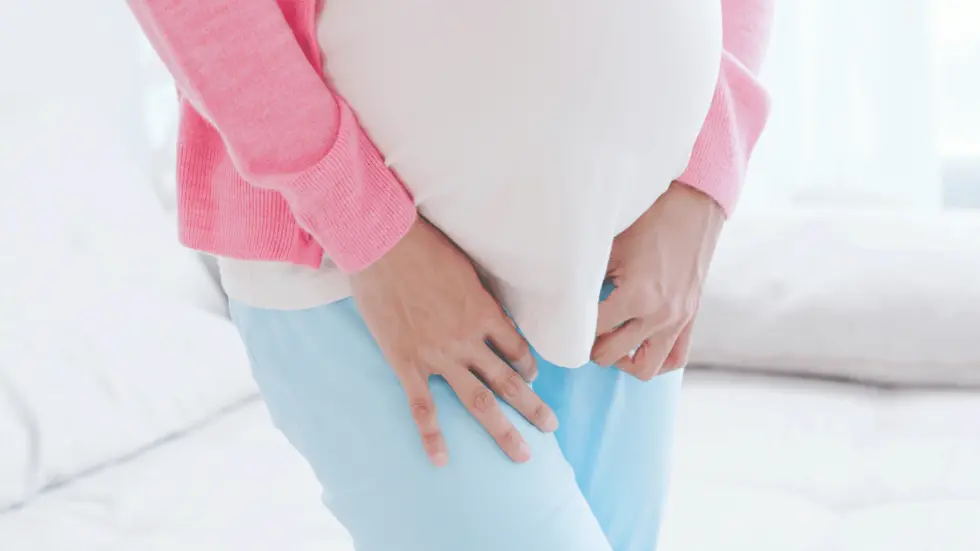Women undergo many changes in every stage of life. The most common women’s reasons for reaching out to physical therapists are concerns related to osteoporosis, incontinence, and back pains related to pregnancy. These health problems can be caused by hormonal changes, weight gain, postural changes, and altered movement patterns. Change in our body can create an imbalance that negatively affects our body. Physical therapy has good benefits to counter the symptoms and effects of osteoporosis and incontinence for women. Know more about these health concerns and find out how physical therapy can be of help if you are experiencing them.
Maintaining your bones healthy and strong is difficult as you age. And, there is a lot more struggle for women in their menopausal stage. Osteoporosis is an excessive decline in bone mass that affects ten percent of adults over 50 years old, and it targets more women than men. This is also considered the leading concern for women. Although this condition is not necessarily painful, the stress of the weakening bones can cause pain and sometimes injury. Physical therapy can provide safe and effective exercise routines to strengthen postural muscles, improve balance and flexibility, and help you prevent accidents and risks of falling. With the help of physical therapists, they can design a training program to guide you in a weight-bearing exercise program. A weight-bearing exercise program can improve your bone growth and bone density. This exercise program includes the usual activities like walking, dancing, stair climbing, and gardening. You can also do high-impact aerobics, hiking, and tennis that directly target the bones in your legs, hips, and lower spine.
Incontinence happens when there is a loss of control of the bladder that causes leakage. Urinary incontinence is caused by weak or overactive muscles of the pelvic floor. Urinating eight times a day or having a strong urge to urinate worsens urinary function. The common triggers of incontinence are childbirth, hormonal changes, pelvic fractures, muscle weakness, obesity, and repetitive lifting of heavy loads. This has several types, but most of them can be treated with physical therapy. Physical therapy can help patients to train the pelvic floor to become stronger to relieve the stress on the bladder. There will be sessions for behavioral strategies as well to help them enhance bladder function and make it healthier. With a custom and specialized
program from physical therapists, patients can alleviate the effects and further eliminate urinary incontinence. Treating urinary incontinence takes time, the usual length of the treatment runs about six to eight weeks.
Other common women’s health concerns that physical therapy can help with are constipation, diarrhea, and fecal incontinence. When facing these kinds of health problems, it is important to seek consultation with physical therapists. Tribeca Physical Therapy is a physical therapy clinic that helps people prevent injury and recover from pregnancy so they can continue enjoying life. They help women with common health women concerns like incontinence and osteoporosis by providing assistive. one-on-one approach. They specialize in providing services that cater to women and pelvic health that give long-lasting relief.



